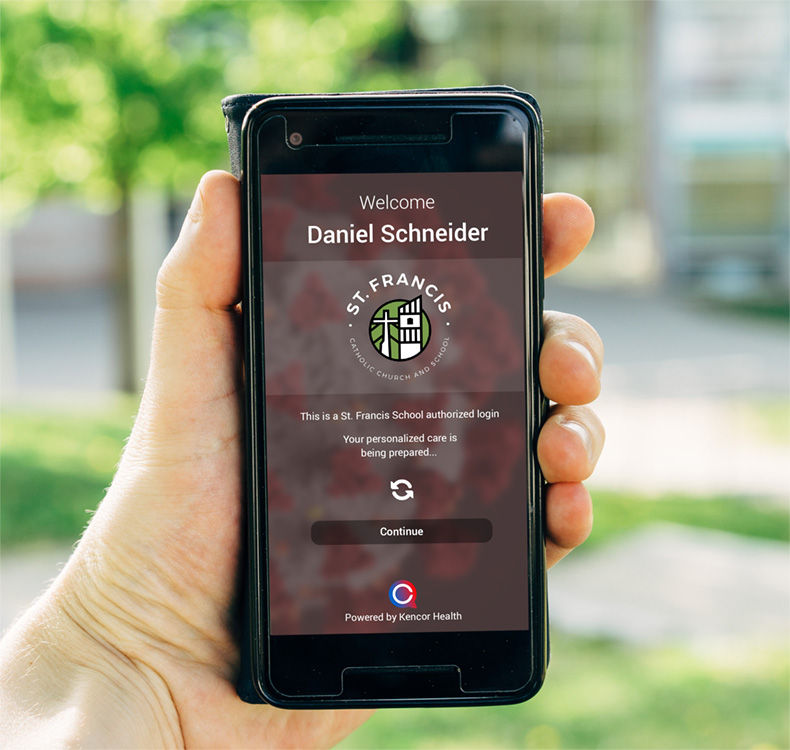
*Effective January 1, 2026, coverage for Remote Patient Monitoring (RPM) will be limited to specific conditions*
UnitedHealthcare (UHC) has released an important policy update that will significantly impact reimbursement for Remote Patient Monitoring (RPM) services across all of its insurance products, including Medicare Advantage, Commercial, and State Exchange plans.
Starting January 1, 2026, UnitedHealthcare will limit RPM reimbursement to patients diagnosed with the following conditions:
- Heart Failure (I50.xx)
- Hypertensive Disorders of Pregnancy (O10.xx, O11.xx, O13.xx, O15.xx, O16.xx)
The insurer’s new policy states that RPM is “unproven and not medically necessary due to insufficient evidence of efficacy” for a broad range of conditions. Under this new policy, RPM coverage will no longer apply to other chronic conditions such as:
- Hypertension (unrelated to pregnancy)
- Diabetes
- Chronic Obstructive Pulmonary Disease (COPD)
- Chronic Kidney Disease (CKD)
- Other cardiovascular and chronic illnesses previously covered
This change represents a notable shift from UHC’s prior coverage approach, which supported RPM for a broader range of chronic disease management.
Why the Change Matters
Remote Patient Monitoring has been instrumental in helping providers deliver proactive, continuous care, particularly for patients with chronic conditions such as hypertension and diabetes. These conditions have traditionally benefited from daily vital tracking, early alerts, and improved patient engagement that reduce hospital readmissions and improve outcomes.
By narrowing its RPM coverage criteria, UnitedHealthcare’s policy change may affect many patients who currently receive monitoring services under these codes. Providers will need to review their enrolled patients and prepare for coverage transitions as this policy takes effect.
What Providers Should Do Now
With this change taking effect on January 1, 2026, providers should begin preparing now to ensure a smooth transition for affected patients. In general, providers should:
- Review active RPM patients to identify those covered by UnitedHealthcare and determine which diagnoses are affected.
- Evaluate care plans for patients who will lose coverage and consider alternative care management pathways.
- Stay informed by reviewing payer updates and confirming reimbursement policies across all major insurers, as similar adjustments may follow from other payers.
- Communicate with patients early about potential coverage changes to maintain trust and minimize confusion.
Kencor Health is working closely with our partner clinics to ensure a smooth transition ahead of the January 2026 deadline. Our team is proactively:
- Identifying impacted patients currently enrolled in RPM programs.
- Advising clinics on compliant billing and documentation practices under the new policy.
- Developing alternative pathways to continue monitoring patients when appropriate.
Kencor Health’s Commitment
While policy changes like these can create uncertainty, Kencor Health remains committed to helping providers deliver seamless, high-quality care through our advanced RPM platform and care coordination support.
Our goal is to help practices navigate these evolving payer requirements without disrupting patient outcomes or revenue continuity.
For more details, you can view the official UnitedHealthcare Medicare Advantage Medical Policy for Remote Physiologic Monitoring (RPM) here https://www.uhcprovider.com/content/dam/provider/docs/public/policies/index/oxford/rpm-ohp-01012026.pdf
For any questions, please contact us at support@kencorhealth.com or visit www.kencorhealth.com
For more information about this policy change, please see some additional news articles:
- https://www.digitalhealthnews.com/unitedhealthcare-halts-remote-monitoring-coverage-for-diabetes-hypertension
- https://healthexec.com/topics/patient-care/remote-patient-monitoring/unitedhealthcare-bucks-medicare-ends-reimbursement-most-rpm-services
- https://www.fiercehealthcare.com/regulatory/rfk-jr-wants-end-chronic-disease-epidemic-united-healthcare-plans-strip-members-popular






